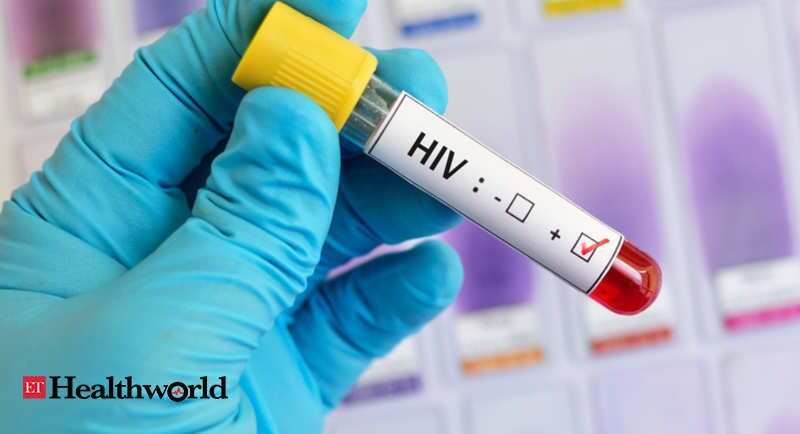 A third person appears to have been cured from the HIV virus following a bone marrow transplant. The patient shows no signs of the virus after three months without antiviral drugs, doctors have said. The case of the so-called “Dusseldorf patient” was reported at a scientific conference this week, but doctors said their remission is still at an early stage. It came hours after researchers reported a “London patient” was the second ever man to see the disease “cured” by a bone marrow transplant — which effectively replaces and reboots the cells of the immune system where HIV persists.
A third person appears to have been cured from the HIV virus following a bone marrow transplant. The patient shows no signs of the virus after three months without antiviral drugs, doctors have said. The case of the so-called “Dusseldorf patient” was reported at a scientific conference this week, but doctors said their remission is still at an early stage. It came hours after researchers reported a “London patient” was the second ever man to see the disease “cured” by a bone marrow transplant — which effectively replaces and reboots the cells of the immune system where HIV persists.The London patient, who has decided to remain anonymous, has been off virus-suppressing drugs for 18 months and has no detectable traces of HIV, researchers reported in the journal Nature earlier this week. This third case has only been off the medication for three months, but biopsies of tissue taken from lymph nodes and the gut show no sign of infection, doctors told the Conference on Retroviruses and Opportunistic Infections in Seattle.
Bone marrow transplants have been known as a possible “cure” for HIV since the 2007 case of American Timothy Ray Brown, known as “the Berlin patient”. He was diagnosed with leukaemia, a cancer of the white blood cells which make up the immune system, and was given a transplant to replace his cancerous cells with a donors after chemotherapy and radiotherapy. The crucial factor for the patients cured of HIV is that their donor carried a mutation in a gene called CCR5 which is only found in around 1 per cent of people in Western Europe - and is even more rare elsewhere. People with a CCR5 mutation on both their chromosomes are naturally resistant to HIV and when used in a bone marrow transplant it effectively means the virus cannot return.